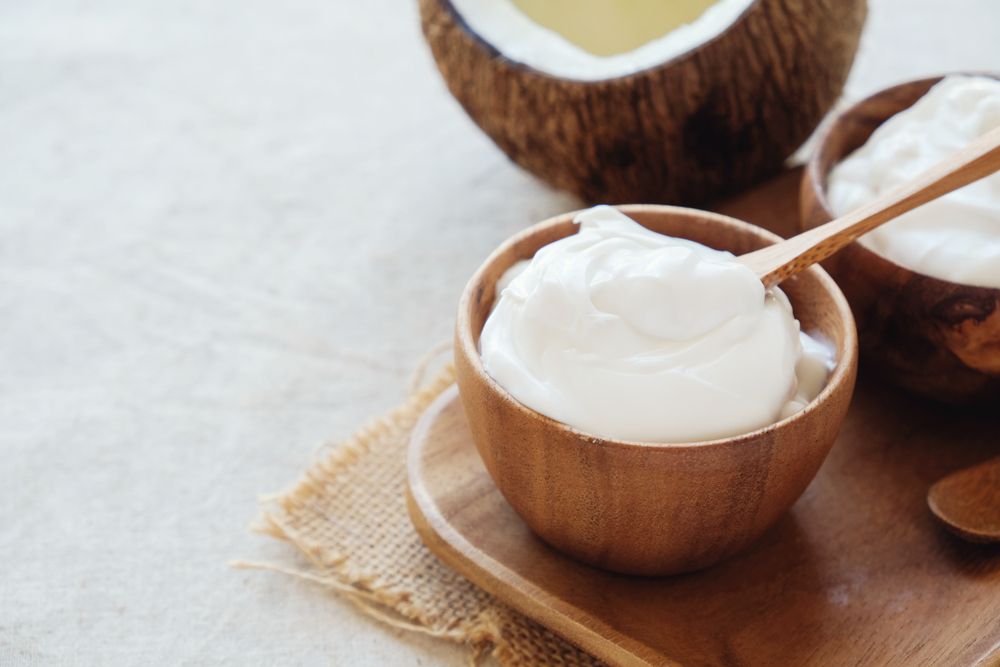Harnessing High-Fiber Dietary Strategies to Support Melanoma Treatment and Boost Immune Health
Explore how high-fiber foods can support melanoma treatment by strengthening immune health, improving gut microbiota, and enhancing therapy outcomes. Incorporate practical dietary strategies with a variety of fiber-rich foods to bolster overall wellness and aid in melanoma management. This comprehensive guide offers expert tips for integrating fiber into your daily nutrition, emphasizing early adoption to support immune function and treatment efficacy.

Comprehensive Nutritional Approaches with Fiber-Rich Foods for Effective Melanoma Management
Melanoma stands out as one of the most aggressive forms of skin cancer, originating from the uncontrolled growth of melanocytes—the pigment-producing cells in the skin. While it constitutes less than 2% of all skin cancers, its potential to rapidly metastasize and spread to vital organs makes early diagnosis and intervention critically important for patient survival. In recent years, there has been increasing recognition of the vital role that nutrition, particularly dietary fiber intake, can play in managing melanoma and enhancing overall treatment efficacy.
Beyond conventional medical therapies such as surgery, immunotherapy, targeted therapy, and chemotherapy, adopting a well-balanced diet rich in dietary fiber has emerged as a promising supportive strategy. A high-fiber diet can bolster the immune system, improve gut health, and potentially modulate the body’s response to melanoma. The gut microbiota—the diverse community of microorganisms residing in our intestines—serves as a cornerstone of immune function, inflammation regulation, and even influences responses to cancer therapies. Therefore, nourishing these beneficial bacteria through an optimal intake of fiber could be a vital component in comprehensive melanoma management.
Establishing a balanced dietary regimen that includes sufficient fiber, vitamins, proteins, and minerals is essential for maintaining overall health and supporting cancer therapies. Specifically, dietary fiber acts as a key player in fostering a healthy digestive system, enhancing immune function, and potentially improving the outcomes for melanoma patients when incorporated early into treatment plans. Here are in-depth strategies for increasing dietary fiber intake effectively:
Consume a variety of soluble and insoluble fiber sources from natural, unprocessed foods such as fruits, vegetables, nuts, seeds, and whole grains.
Avoid refined and processed foods like white rice, sugary snacks, white bread, and processed baked goods, as they are devoid of fiber and can contribute to inflammation.
Start your day with high-fiber whole grain cereals, choosing brands that are rich in dietary fiber to set a nutritious tone for the day.
Incorporate fiber-dense foods such as wild rice, barley, whole-wheat pasta, and bulgur wheat into your meals to maximize fiber intake. These foods are not only rich in fiber but also contain essential nutrients that support overall health.
Make flaxseeds a daily addition—these tiny seeds are packed with both fiber and omega-3 fatty acids, which have anti-inflammatory properties beneficial for healing and immune modulation.
Prioritize whole grains over their refined counterparts to preserve their fiber content and maintain steady blood sugar levels.
Add a colorful variety of fruits like berries, bananas, apples, and pears to your diet, including their peels whenever possible, as they are high in dietary fiber and phytonutrients that support immune health.
Include legumes such as kidney beans, lentils, chickpeas, and green peas regularly in your meals. These foods are excellent sources of dietary fiber, protein, and essential micronutrients that aid in tissue repair and immune function.
Remain well-hydrated by drinking plenty of water throughout the day to facilitate fiber’s digestive functions and prevent issues like bloating or constipation, especially when increasing fiber intake.
Understanding that high-fiber foods help promote a diverse and healthy gut microbiome underscores the importance of integrating these into daily eating habits. A healthy gut flora is increasingly associated with robust immune responses and possibly better cancer prognosis.
Aim for a daily fiber intake of approximately 25 to 35 grams, depending on individual needs, and increase fiber consumption gradually to allow your digestive system to adjust. If necessary, consider fiber supplements under the guidance of a healthcare professional, especially if dietary changes alone are insufficient or if you experience digestive discomfort.
Scientific research supports the notion that diets high in dietary fiber can positively influence gut microbial diversity and immune competency, which are critical factors in battling melanoma. Maintaining adequate fiber intake as part of a balanced diet can help strengthen the body's defenses, support existing treatments, and potentially improve long-term prognosis. By integrating these dietary strategies early in the diagnosis or treatment process, patients stand to benefit from enhanced overall health, increased resilience, and possibly better therapeutic outcomes.
In conclusion, combining conventional melanoma treatments with smart nutritional choices centered around high-fiber foods offers a holistic approach to managing this aggressive skin cancer. Healthcare providers should advocate for personalized dietary plans that emphasize fiber-rich foods, tailored to individual health status and preferences, to optimize immune function and support holistic healing efforts.





